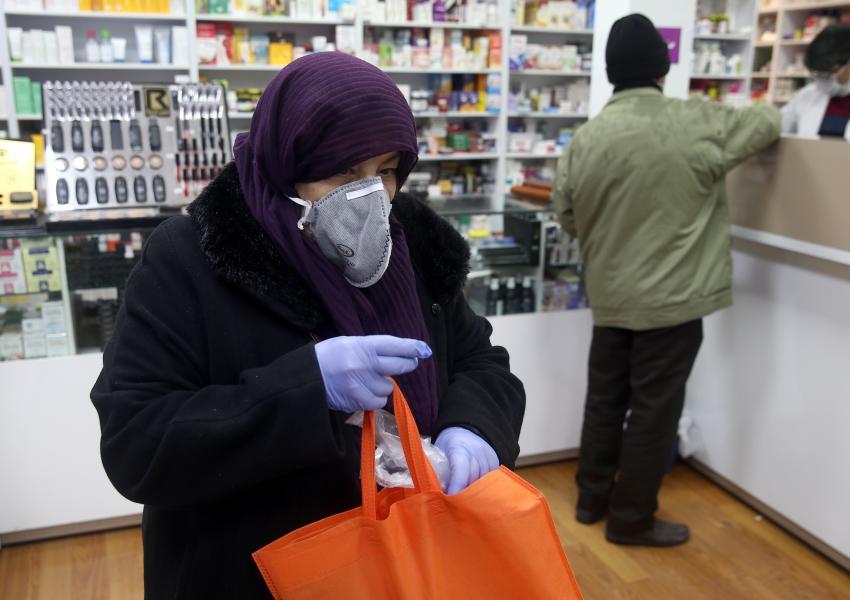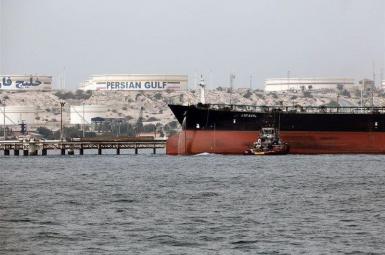
The Real Coronavirus Beyond Covid19
The spread of Coronavirus and its prevention have become Iran’s main concern, but the important questions to ask are how the medical care in Iran works and how medical facilities are distributed around Iran and how ready Iran is to face the emergency.
It is difficult to determine which sector of the regime suffers most from mismanagement, lack of resources and facilities, and major financial corruption but it is clear that the medical sector has been dealing with these issues for years. The Iranian medical society is generally suffering from a lack of funds, outdated facilities, and insufficient personnel. These problems are not new; the outbreak of Coronavirus has only brought them more into the spotlight.
For instance, an official from Kermanshah Province stated in January that due to a lack of funds, the 540-bed hospital is still unfinished after four years since the project first started. An official in Alborz Medical University announced in February that Fardis hospital and Seyyed al-Shohada hospital are both facing a shortage of financial resources. The head of Hormozgan Medical University has likewise announced that the Minister has not fulfilled his promise of financial aid and the Shariati hospital project has not started yet. Prior to this, the former Health Minister in Rouhani’s administration had announced that the government has no budget to build hospitals and invited foreign investors to invest in Iran’s medical sector.
Medical facilities around Iran and even in the capital are afflicted by financial shortages. In October, the Deputy Chief of the Medical Commission at the Parliament announced a shortage of 25,000 beds at the hospitals around the country. But the real figure is much higher than this, as last year it was reported that only Tehran needs an added 34,000 beds. Medical centers and especially hospitals in different regions around Iran such as Mashhad, Kermanshah, Ardebil, and West Azerbaijan are dealing with a shortage of even the most basic equipment such as beds and ambulances.
Tehran city Emergency Chief proclaimed last March that Tehran needs more than 200 ambulances. Records from Zanjan show that a minimum of 12 ambulances and 4 rescue vehicles are needed, but nobody bears the responsibility.
The situation is worse for the cities on the outskirt of major cities. For instance, there is not a single hospital in the town of Pishva, on the southwest of Tehran with a population of 100,000. Patients need to travel to Varamin, Pakdasht or eventually Tehran to access medical facilities. Poorer provinces suffer from a scarcity of medical infrastructure so much that many people from provinces such as Hormozgan, Kerman, and Sistan and Balouchestan were forced to immigrate to other provinces.
Nowadays, Gilan province is one of the most critical zones where Coronavirus has spread and, contrary to common belief, it has been dealing with issues regarding medical care for years. In September, Astara MP stated at the parliament that the 11 specialists in Shahid Beheshti hospital in the city of Astara “are attending patients with minimum facilities”, “the hospital has still got no CT Scan Machine”, “it needs another 14 specialists” and the lack of supplies has disillusioned the staff at the hospital. Two months later, the Health Deputy at Gilan Medical University announced a lack of 900 nurses in Gilan Province and added that all hospitals in Gilan are equipped with old medical equipment and lack nurses, auxiliary nurses, and specialists. He said that Poursina hospital in Rasht is more than 70 years old and the majority of its machines are “old, shabby and run-down”. The head of Gilan Medical University stated that there are 128 unfinished medical urban and rural centers around the province and only 86 billion Tomans can solve this problem.
Meanwhile, a significant majority of the equipment and machines and even building hospitals itself are not funded by the government but private donors. The Deputy Health Minister has declared that without donors the medical sector will have a hard time thriving.
This is only a small snapshot of medical care in a country with billions of dollars in natural resources, and a structure that is strangled by mismanagement, corruption, and inefficiency. Each disaster that happens in Iran, such as flood, earthquake, haze and the recent Coronavirus, discloses the system's incompetence and stupidity more.
The real Coronavirus is the governing regime of Iran that instead of spending money on building and equipping hospitals for everyday and emergency situations, spends 16 billion dollars annually on arms sent to Bashar al-Assad, Seyed Hasan Nasrollah, Hamas and other militia groups in the region. This money could have been spent on medical care so that the medical sector would not have to fight Coronavirus empty-handed today. The real Coronavirus is the illogical system that, for no good reason, decided against quarantining the city of Qom and as a result, the disease spread to other cities and put the lives of millions of people in danger. The real Coronavirus is a regime with a so-called president, who, despite all the problems and shortcomings, looks us in the eye and says “a German specialist told me that Iran's medical centers have a better quality and hygiene than Europe” and nowadays, amidst the crisis, says “it is our enemies’ conspiracy to create fear and shut our country down”.









